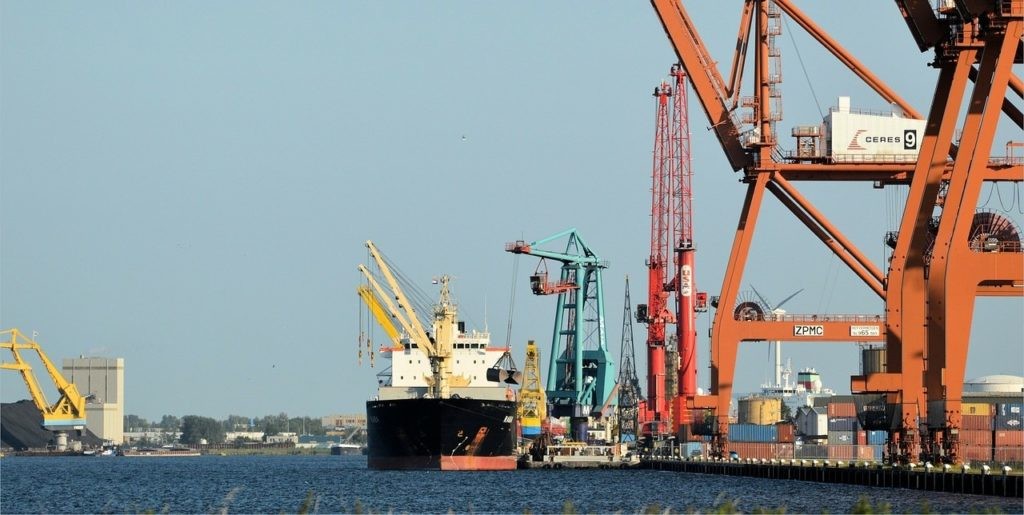Lowdown on Incoterms 2020 overhaul
The wait for the new Incoterms 2020 is finally over. The International Chamber of Commerce (ICC) has now published the latest revision of Incoterms, which comes into force on 1 January 2020.

This ninth revision of Incoterms is changed in style and substance. The revisions improve certain aspects of Incoterms 2010 and address issues which were not prevalent in 2010. The introduction to Incoterms 2020 includes a detailed explanation of how to choose the most appropriate Incoterms rule for a sale contract.
| Amendments to Incoterms 2020 | |
| 1. Bills of lading with an on-board notation in FCA deliveries | In FCA deliveries, parties (or their financing banks) often require a bill of lading with on-board notation but, given that delivery on FCA terms is completed before goods are loaded onto the vessel, the seller may not always be able to obtain an on-board bill of lading from the carrier. Under the new Incoterms, the buyer and the seller may agree that the buyer will instruct its carrier to issue an on-board bill of lading to the seller after the goods have been loaded. The seller will then be obliged to tender the bill of lading to the buyer. The ICC emphasises that, where the above option is exercised, the seller does not take on an obligation to the buyer in respect of the terms of the contract of carriage. |
| 2. Different levels of insurance cover in CIF and CIP | Incoterms 2020 provide for different minimum insurance cover for CIF and CIP deliveries. Previously, both CIF and CIP required minimum insurance cover at the level of Clause (C) of the Institute Cargo Clauses. However, for CIP deliveries, the seller is now obliged to obtain insurance cover at the level of Clause (A) of the Institute Cargo Clauses (that is, “all risks”). Minimum insurance cover for CIP deliveries has therefore been increased for the benefit of the buyer. Parties are free to agree to have lower levels of insurance cover if they wish. |
| 3. Acknowledging transportation by own transport in FCA, DAP, DPU and DDP deliveries | Incoterms 2010 were drafted on the assumption that, when goods are carried from the seller to the buyer, they would be carried by a third-party carrier engaged by the seller or the buyer. That did not account for situations, particularly in FCA, DAP, DPU and DDP deliveries, where a third-party carrier was not, in fact, required or contracted because the seller or the buyer would use its own transportation. The new rules now cater for such situations by expressly providing for the arrangement of carriage as well as referring to the making of a contract of carriage. |
| 4. Inclusion of security-related requirements within carriage obligations and costs | Incoterms 2020 aims to establish stronger security-related requirements than its predecessors. Now that security-related concerns are more prevalent in trade, this revision expressly provides for security-related obligations at A4 and A7 of each rule. As mentioned above, costs for these obligations will feature under A9/B9 of each rule. |
| 5. Explanatory Notes for Users | The Guidance Notes that previously featured at the start of the individual Incoterms have now been amended to ‘Explanatory Notes for Users’. The Explanatory Notes set out the fundamentals of each of the relevant Incoterms, specifically:
The Explanatory Notes aim to help users choose the most appropriate Incoterms and provide guidance for interpretation if disputes arise. |
| 6. Arrangement of provisions relating to costs | Costs have been rearranged in the 2020 revision. All costs relating to the various aspects of the sale are now listed at A9/B9 under each of the Incoterms, as well as under the relevant article within the Incoterms to which they apply. The intention behind this change is to provide users with a complete list of costs in one place, so that the seller and the buyer are more aware of the costs for which each will be responsible under particular Incoterms. |
| 7. Change from ‘DAT’ to ‘DPU’ | There is a change to the order of the individual Incoterms in the new revision, so that DAP now appears before DAT to reflect the fact that delivery on DAP terms occurs before delivery on DAT terms. The term ‘DAT’ has been changed to ‘DPU’, reflecting the fact that the destination for a DAT/DPU delivery could be at any place and not just a terminal. Of course, the place of delivery, if not a terminal, must be appropriate for the unloading of the goods. |